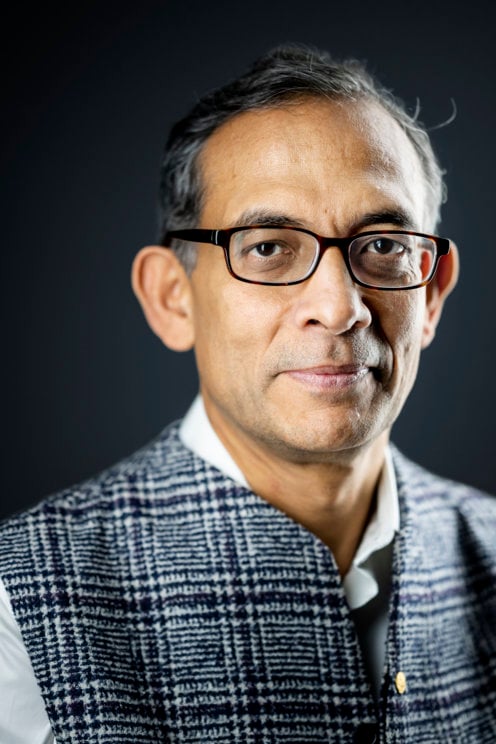


"In many developing countries, there are often several missing rungs in the quality ladder of housing. The next thing in the slung might be the nice little flat entirely out of reach."
"It takes an ability to dream (Albert, Esther's grandfather, was seeking adventure rather than escaping from a bad situation), or a substantial dose of confidence, to overcome this tendency to persist with the status quo. This is perhaps why migrants, at least those not pushed out by desperation, tend to be not the richest or the most educated, but those who have some special drive, which is why we find so many successful entrepreneurs among them."
"There are always going to be a million ways to do cross-country comparisons, depending on exactly which brave assumptions one is willing to swallow."
"The outsized role of reputation means international trade is not just about good prices, good ideas, low tariffs, and cheap transportation. It is very difficult for a new player to enter and take over a market, because they start without reputation."
"This can set off a downward spiral. Laid-off workers spend less in local businesses, such as shops and restaurants. The value of their houses declines, sometimes catastrophically, since to a large extent the value of my house depends on how nicely your house is maintained. When most of the neighborhood starts to go down, everyone goes down together."
"Nearly a billion people worldwide live more than a mile from a paved road (one-third of them are in India), and nowhere near a train line."
"The fact that each individual decision is rational does not make the outcome desirable. Herd behavior generates information cascades: the information on which the first people base their decision will have an outsized influence on what all the others believe."
"In other words, people seemed to act as if they had multiple personalities, each with different preferences. The context picks the personality that gets to decide in a particular situation."
"The policies must effectively counterbalance the loss of self-confidence; old-fashioned government handouts are not going to work by themselves. What is needed is a wholesale rethinking of the social policy apparatus."
"A lot of the problem seems to be that these innovations take place in a void, insufficiently connected to the lives they wish to change. The core ideas are often clever, and it remains possible that one day they will click, but it is hard to place a lot of faith in this prospect."
"Unfortunately, notwithstanding the grandiose talk about singularities, the bulk of R&D resources these days is directed toward machine learning and other big data methods designed to automate existing tasks, rather than the invention of new products that would create new roles for workers, hence new jobs."
"So the point of the very high top tax rates of the 1950s and 1960s, which applied only to extremely high incomes, was not so much to 'soak the rich' as to eliminate them. Almost nobody ended up paying the top rates, because those very high incomes had all but disappeared."
"Therefore, when growth either fails or fails to benefit the average guy, a scapegoat is needed. This is particularly true in the United States, but is happening in Europe as well. The natural foils are immigrants and trade."
"It is precisely because governments do things the market will not touch that they become susceptible to corruption."
"In turn, this means bureaucrats tend to focus a lot on checking off the right boxes to avoid attracting attention. This creates a specific bias toward following the letter of the law, even when its spirit is somewhere entirely different."
"It is easy to forget, especially in a crisis, the need to protect as far as possible the dignity of those being helped."
"... out of the conviction that extreme poverty is not the result of the inferiority or inadequacy of a group of people, but of systemic exclusion. Exclusion and misunderstanding build on each other."
"What is common among a drought-affected farmer in India, a youth in Chicago's South Side, and a fifty-something white man who was just laid off? While they may have problems, they are not the problem. They are entitled to be seen for who they are and not be defined by the difficulties besieging them. Time and again, we have seen in our travels in developing countries that hope is the fuel that makes people go."
"What was made in Manchester mills moves to Mumbai factories and then to Myanmar and maybe, one day, to Mombasa or Mogadishu."
"The only recourse we have against bad ideas is to be vigilant, resist the seduction of the 'obvious', be skeptical of promised miracles, question the evidence, be patient with complexity and honest about what we know and what we can know. Without that vigilance, conversations about multifaceted problems turn into slogans and caricatures and policy analysis gets replaced by quack remedies."
"The call to action is not just for academic economists - it is for all of us who want a better, saner, more humane world. Economics is too important to be left to economists."